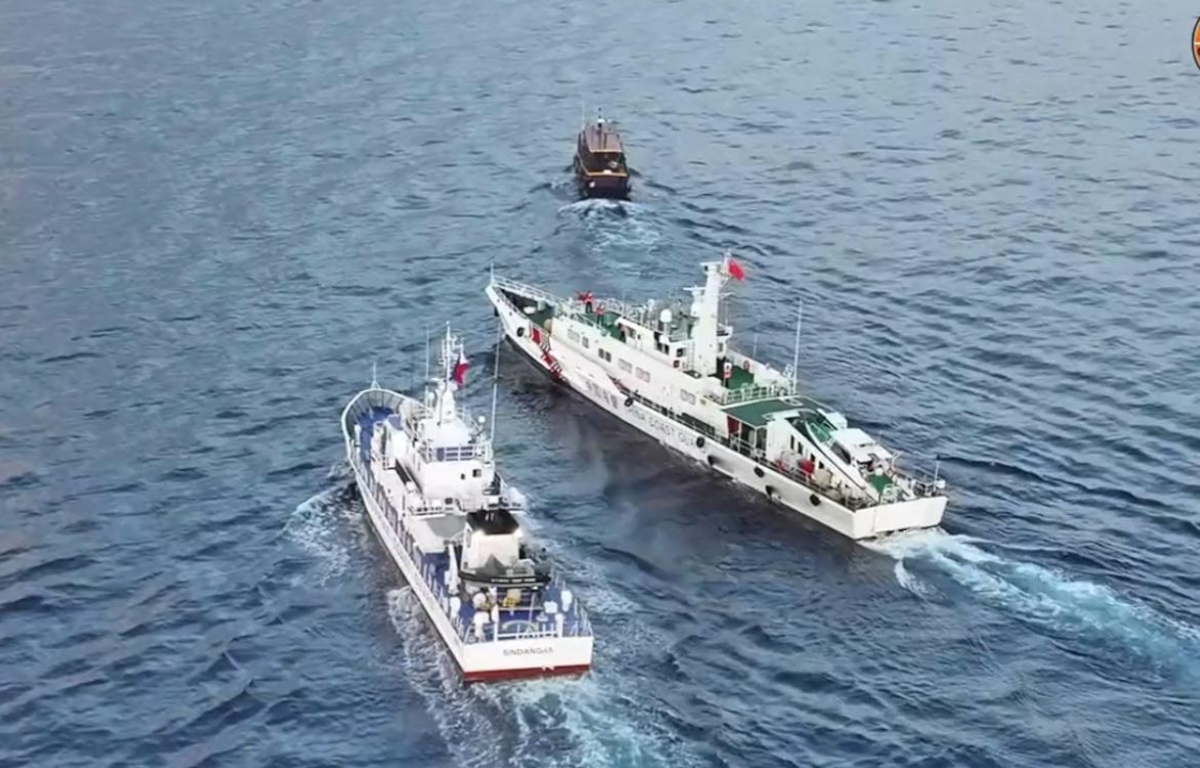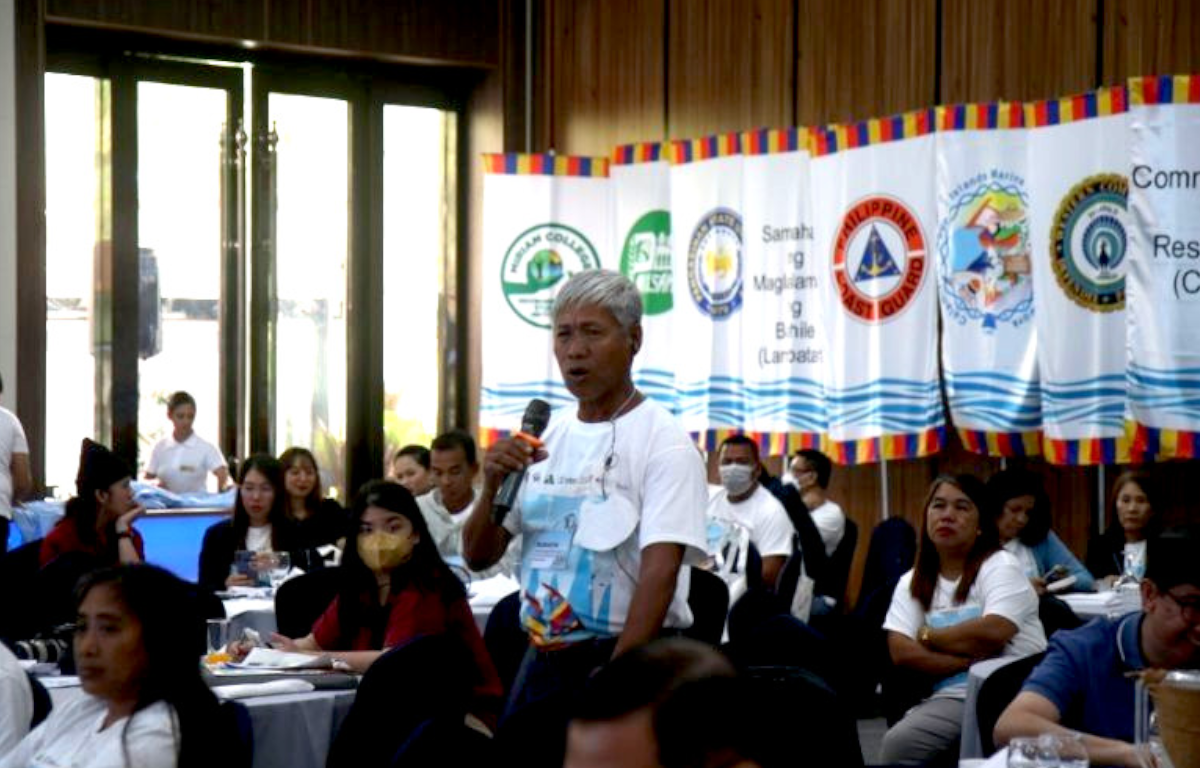
The West Philippine Sea is a disputed area in the South China Sea, where several countries, including the Philippines and China, have overlapping claims of sovereignty. China’s activities in the area, including the building of artificial islands and militarization of the region, have been a source of tension between the two countries in recent years.
The latest sighting of Chinese vessels in the West Philippine Sea is likely to further strain the already tense relations between the Philippines and China. The Philippine government has repeatedly called for a peaceful and diplomatic resolution to the dispute and has sought the support of its allies, such as the United States and Japan.
The presence of over 100 Chinese vessels in the West Philippine Sea is also a cause for concern for environmental sustainability. The reef ecosystem in the area is home to a diverse range of marine life, including rare and endangered species. The potential damage caused by the swarming of Chinese vessels could have severe consequences for the marine environment and the livelihoods of local communities that depend on it.
To address the issue of territorial disputes and environmental sustainability in the West Philippine Sea, the Philippine government has taken several actions. The government has increased its patrols and surveillance of the area and has sought the support of international organizations, such as the United Nations, in promoting a peaceful and diplomatic resolution to the dispute. The government has also implemented measures to protect the marine environment in the area, such as declaring the Julian Felipe Reef a marine protected area.
The presence of over 100 Chinese vessels in the West Philippine Sea highlights the ongoing territorial disputes and potential threats to regional security and environmental sustainability. The Philippine government and its allies must work together to find a peaceful and diplomatic solution to the dispute and prevent further escalation of tensions in the region. Protecting the marine environment in the area is also critical to ensure the long-term sustainability of the region and the livelihoods of local communities.










Share this: